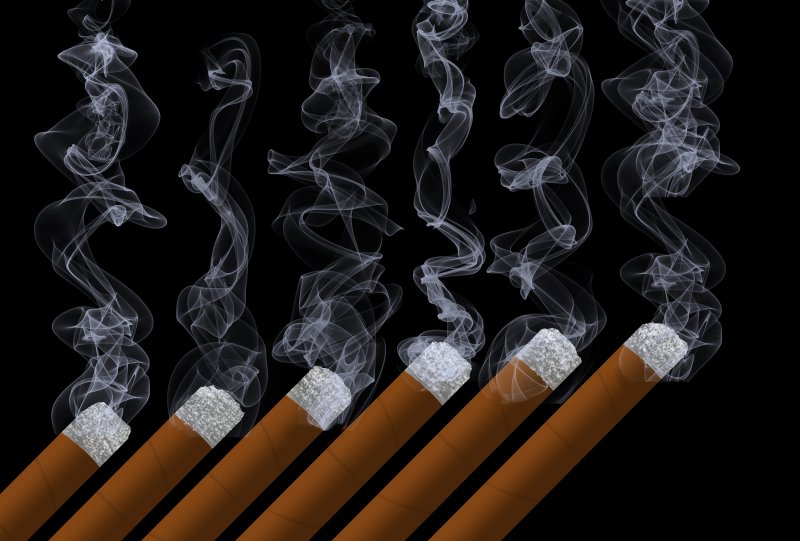
Whether you smoke or use tobacco, you know smoking is bad for your health. You also know that secondhand smoke can be just as bad. When combined with an individual who has difficulty sleeping at night, this can be a recipe for disaster, especially in the youngest population. Smoking has serious consequences and when children are exposed to those who use tobacco, their risk for obstructive sleep apnea in Powell increases. Read on to find out how this is possible and what you can do to prevent it.
Secondhand Smoke: How it Increases the Risk for OSA
It is estimated that close to 15% of children have some form of sleep apnea, and around 90% of the cases are misdiagnosed. While obstructive sleep apnea (OSA) is considerably lower in children as opposed to snoring, a recent study by the International Journal of Pediatric Otorhinolaryngology suggests that children between the ages of 3 and 18 who have OSA and who were exposed to secondhand smoke may have a higher risk of obstructive apnea hypopnea index (OAHI).
When a child is around someone who smokes, their nasal and throat passages are negatively affected, making it more difficult for them to sleep soundly at night. With OSA, a blockage forms in the throat and causes the individual to wake often gasping for air.
While the research is limited on secondhand smoke and OSA in children, it’s safe to say that limiting their exposure will do nothing but help them breathe better and achieve a better night’s sleep.
How to Prevent It
If your child is suffering from OSA, it’s important that you do not ignore the warning signs, some of which include:
- Snoring
- Restless sleep
- Fatigue
- Teeth grinding
- Migraines
- Bedwetting
- Irritability
Should your child present any of these symptoms, take them to see a sleep dentist in Powell who can properly diagnose and treat with the use of an oral appliance. These small, compact devices look just like a mouthguard but will help your child to breathe while asleep. By moving the jaw just slightly, their airway will remain open throughout the night.
If you or anyone in your household smokes, talk to your doctor about ways to quit. While working to improve your own health, you will also be helping your child to breathe better.
About the Author
Dr. Shelley Shults is a board-certified registered nurse, general dentist, family nurse practitioner, and dental sleep medicine practitioner. She graduated from Wichita State University with a bachelor’s degree in Nursing before going on to spend years working in a variety of nursing fields, including everything from neonatal to urgent care. In 2001, she graduated from The Ohio State University with a Doctor of Dental Surgery degree. She then received her MATRx certification in sleep apnea in 2013. Dr. Shults and her team are proud to offer patients a solution to their sleep problems and look forward to helping you achieve the rest you need. To learn more, contact us at (614) 396-9310.
